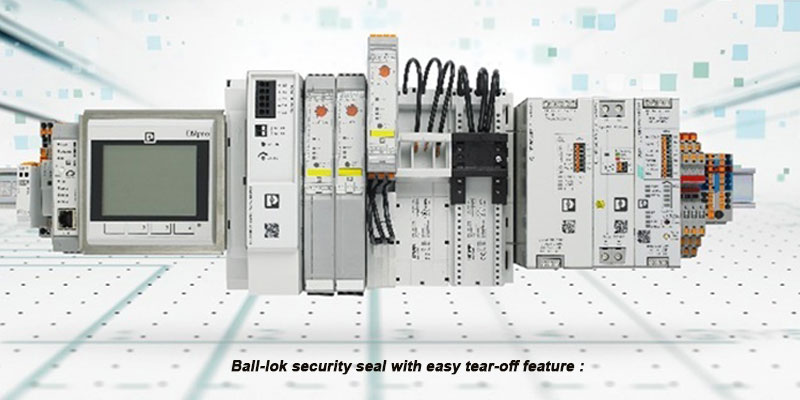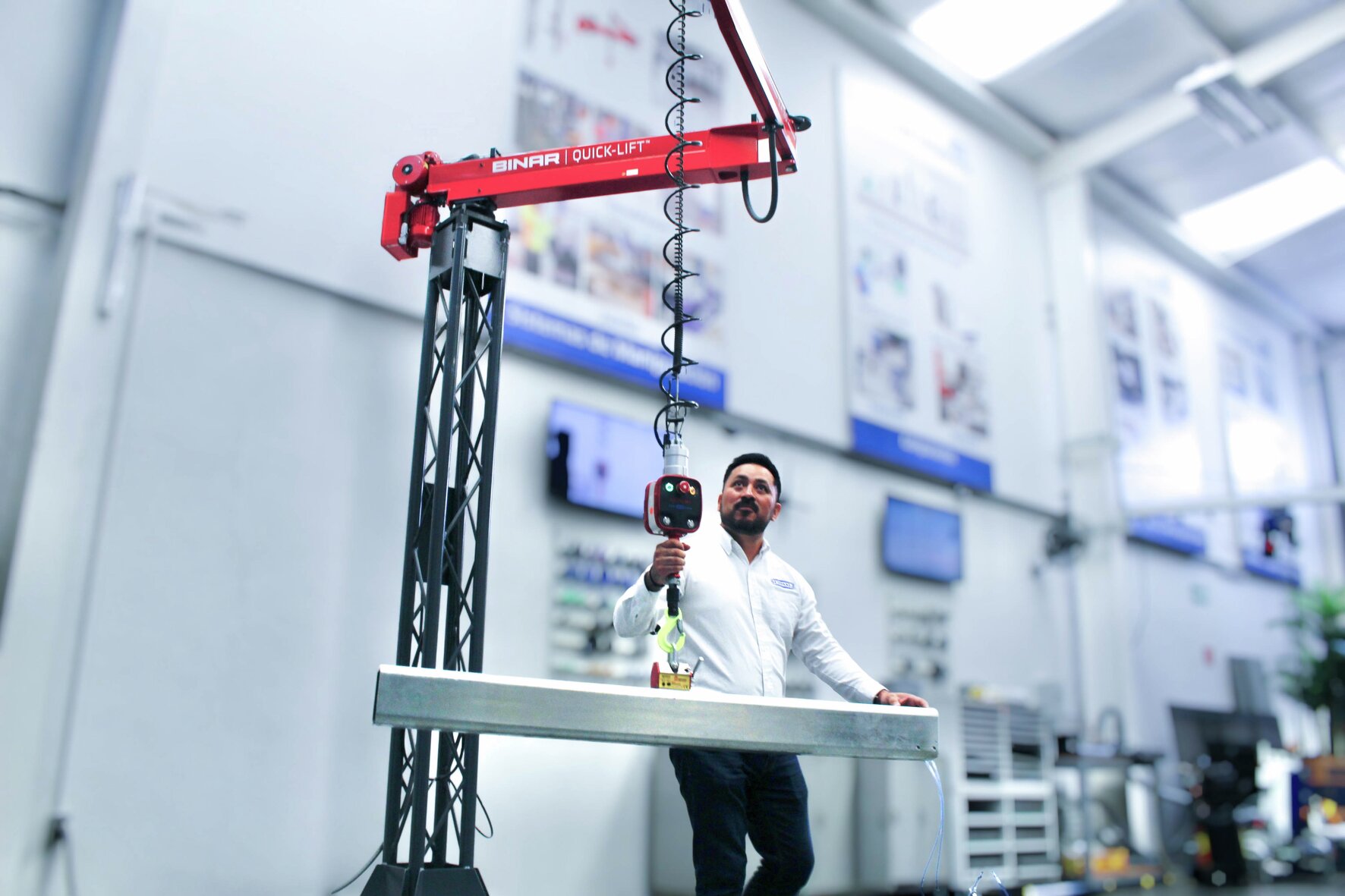Schedule a Call Back
The skilling evolution in India’s manufacturing industry
 Articles
Articles- Feb 17,23

Over the past decade, the role of automation in manufacturing has increased significantly and with the ever increasing need to reduce costs, improve efficiencies, streamline processes, and reduce human dependency, the role of automation in manufacturing is likely to increase even further. For many decades, the manufacturing industry has used physical robots in their assembly lines, to test products, and in packaging as well. However, the lack of unskilled labor has led to poor deficiencies in back office processes. Moreover, ineffective supply chain management, and changing regulatory policies have also led to further inefficiencies. In such a scenario, manufacturing firms are looking to Robotic Process Automation, Artificial Intelligence, Machine Learning, Intelligence Document Processing, and Business Process Automation to fill in the gaps and overcome pain points.
Technologies such as the Internet of Things (IoT), 3D printing, and additive manufacturing are increasingly being adopted by manufacturing firms in India. These new technologies enable companies to manage end to end processes, handle entire supply and logistics chains, and achieve zero waste production as well. With the manufacturing sector contributing approximately 17 per cent of the total GDP and with projections expected to grow exponentially due to global scenarios, robust automation processes are the need of the hour.
As the sector continues to change and evolve, the skill sets required to succeed are changing as well. The need for strong core competencies alongside new age skills and soft skills will be critical to success. Over the next decade, automation is expected to take over more jobs and the workforce will be expected to upskill, reskill, and cross skill itself in order to stay relevant. Here are some of the key skills that both freshers and experienced candidates will be required to master:
Digital tools
As the sector continues to become more tech-focussed and digitally driven, understanding and mastering key digital tools that are used on the shop floor will be critical. Skills such as big data, data analytics, cloud computing, advanced robotics, augmented reality, additive manufacturing, and machine learning will continue to be in demand going forward.
Lean manufacturing
As manufacturing firms strive to reduce waste, improve efficiency, and increase productivity, the concept of lean manufacturing will become extremely important. Candidates who are well versed in lean manufacturing can look at the big picture and evaluate and implement processes on the factory floor. Moreover, having a strategic mindset enables future growth and rapid opportunities for promotion as well.
Complex problem solving
The dynamic nature of the shop floor requires employees at all levels to be well versed in complex problem solving and critical thinking. Complex problem solving can be defined as a set of psychological processes that are self-regulated and activities that are necessary for dynamic environments that cannot be completed by actions that are routine. Employees who are capable of troubleshooting, resolving issues quickly, and thinking on their feet will stand out in a crowd.
STEM
The world of modern manufacturing is changing rapidly and STEM (Science, technology, Engineering, and Math) skills play a crucial role in this dynamic world. Organisations are looking for candidates who have advanced math skills that can be applied for analysing, troubleshooting, and design based work. Learning STEM skills at the school level also helps students understand modern technology and stay ahead of the curve at the graduate and postgraduate levels.
Increasingly, across all sectors, HR teams are looking beyond just core skills or hard skills while evaluating employees. Soft skills and interpersonal skills such as communication, time management, teamwork, leadership, stress management, adaptability, creativity, resourcefulness, conflict management and persuasion are crucial to the success of any team. Manufacturing firms that have a culture of togetherness and inclusivity are likely to have more success in the current era.
Impact of SMEs in the manufacturing sector
Small and medium sized companies are one of the major contributors to the manufacturing sector in India and as such play a vital role in the industry’s growth prospects. SMEs employ more than 60 million people and skilling and upskilling the SME workforce will be crucial to achieving the “Vision 2025 for Indian Manufacturing Industry.” The Edtech revolution and innovation in technology have made skilling much easier. Through the use of technologies - such as virtual reality, augmented reality, and the metaverse - SMEs can upskill and cross skill their workforce more effectively. Targeted skilling programs for different sets of employees will be the norm going forward. Moreover, the approach to skilling must be looked at from a two pronged perspective. Back end processes and customer facing processes must be looked at and specific skill gaps in these processes can be identified and rectified. With the abundance of online courses available, employees also have access to upskilling today more than ever. SMEs are essentially the backbone of the manufacturing industry and with the manufacturing sector expected to expand in the coming years, the need for upskilling cannot be understated.
The need for a future ready workforce
The past three years have seen a seismic shift in the way organizations hire, skill, and train their workforce across all sectors. However, the manufacturing industry faced a bigger challenge due to the quick adoption of advanced technology and processes. In order to shield itself from any future “force majeure” challenges, there is a need for instilling a continuous learning mindset across all levels of manufacturing. Both employees and employers must keep an eye on the future and stay updated with the latest technologies.
The need for an integrated and modern curriculum
Vocational training centers and educational institutions must work closely with organizations in the industry to create pedagogy and curriculum that is suited to the modern manufacturing world. While theoretical concepts are important to learn, students must also be taught practical concepts that are used in the real world. A curriculum that integrates technological advancements and actual current manufacturing processes will help in bridging the skill gap. Integrating Apprenticeship/Internship/ OJT (on job training) will enable the industry to create skilled and employable workforce for their future requirements. For the students, access to internships and on the job training provides the much needed shop floor experience. Moreover, internships are also a crucial tool that helps students understand what a career in manufacturing might look like. Interacting with peers and experienced professionals enables students to learn, understand, and retain concepts better.
With the manufacturing industry contributing 17 per cent of the total GDP and with many multinationals looking at India as a viable alternative to China, we can expect the industry to witness further expansion in the coming years. In this scenario, the health, skills, and competence of both its current and future workforce will be a crucial factor. Creating a talented, productive, and enthusiastic pipeline of candidates through skilling will set India apart going forward.
About the author
Neeti Sharma is the Co-Founder & President of TeamLease EdTech, a company that specialises in providing learning solutions for the traditional and employed learners. She is a proven business leader with 30+ years of rich and diverse experience in the corporate sector, with government bodies and educational institutions pan India. Recently, she was featured among the top 100 women leaders globally in Tech space by HononLQ. She is also the management representative for TeamLease Skills University, India’s 1st Skills University.
Related Stories

Gandhi Automations Strengthens Cold Chain with Storage Doors
Discover how Gandhi Automations Pvt Ltd, India’s No. 1 entrance automation and loading bay equipment company, delivers advanced cold storage doors for optimal temperature management
Read more
C-DEP–IIT Delhi Study Flags Tech Logistics Gains for MSMEs, Warns of GST Risks
C-DEP–IIT Delhi study shows tech-enabled intra-city logistics cut MSME costs, boost efficiency, but warns GST 2.0 may raise taxes.
Read more
Aimtron Electronics Enters OEM Engagement with Climate-Tech Firm Aurassure
Aimtron Electronics has partnered with climate-tech company Aurassure to manufacture IoT-enabled environmental monitoring systems supporting real-time, hyperlocal climate and air-quality intelligenc..
Read more














